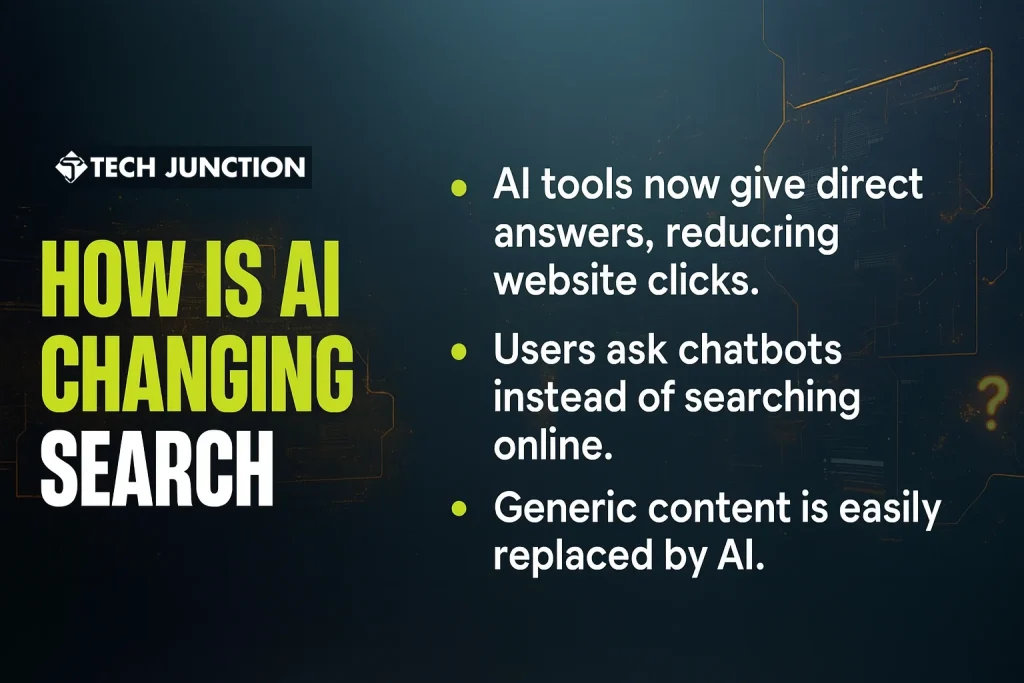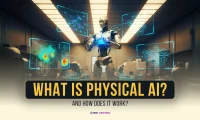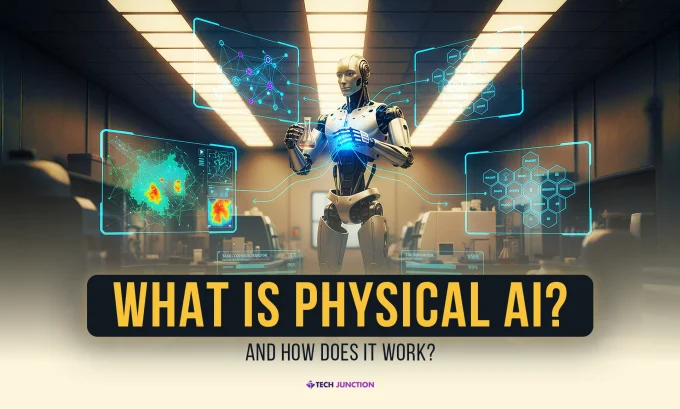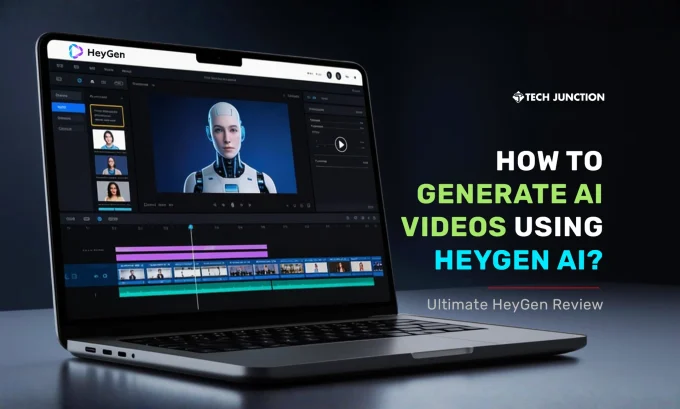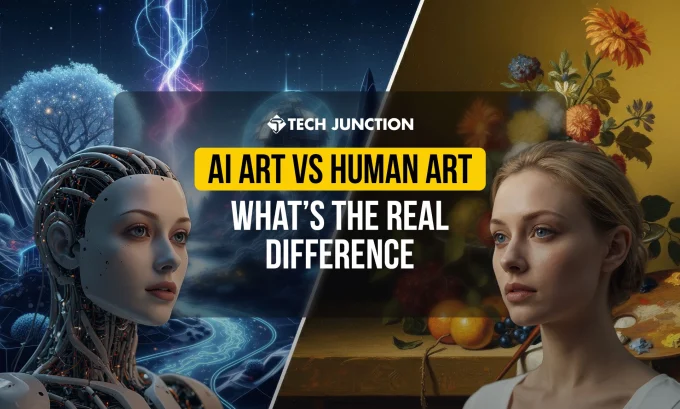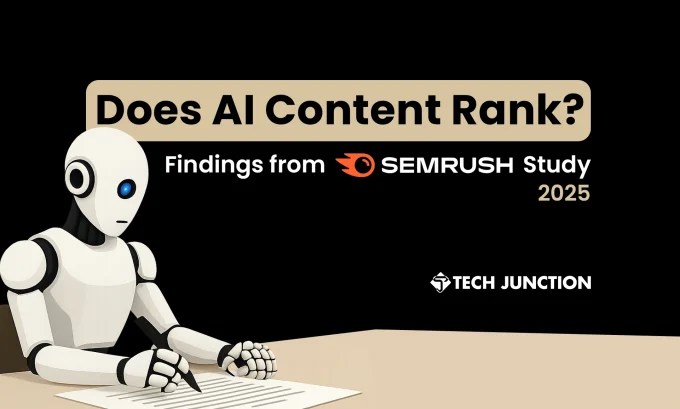AI
 Saba MohsinJuly 29, 20254 Mins read189 Views
Saba MohsinJuly 29, 20254 Mins read189 Views
Did AI Kill Your SEO Strategy? Time to Rethink!
AI search is changing SEO. Learn what still works, what doesn’t, and how to future-proof your SEO strategy for the AI era.
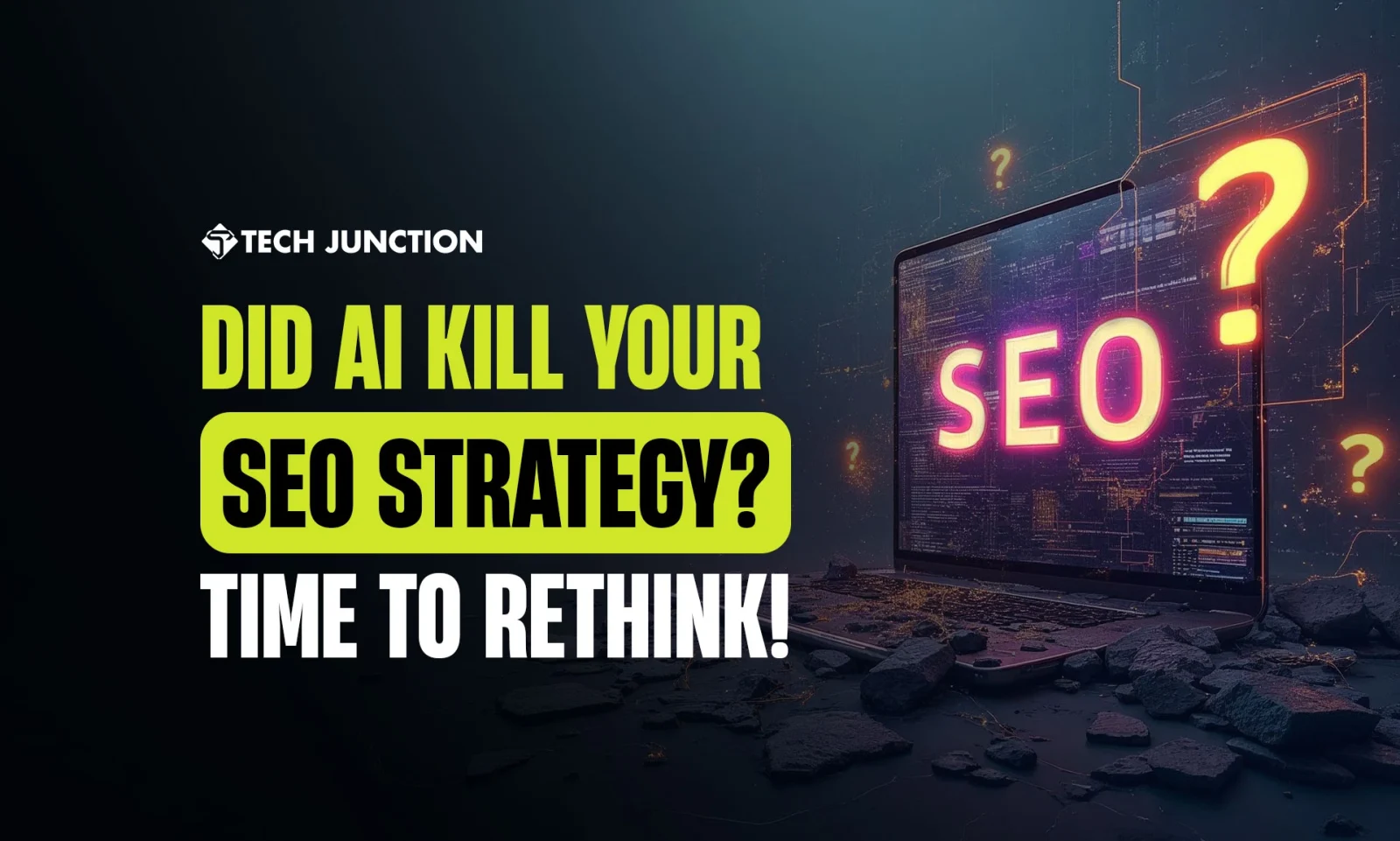
Written by
Saba Mohsin
Saba is the Digital Marketing Manager at OneStream Live, a robust multistreaming service. With a knack for storytelling & a passion for innovation, she's on a mission to disrupt the digital landscape.
-Sponsored-


Related Articles
AI  Misha ImranFebruary 12, 2026
Misha ImranFebruary 12, 2026
What is Physical AI and How Does It Work?
Physical AI explained: what is physical AI, how it works, use cases...
ReviewsAI  KalimUllahFebruary 3, 2026
KalimUllahFebruary 3, 2026
How to Generate AI Videos using HeyGen AI? HeyGen Review in 2026
Explore this detailed HeyGen Review to learn how to generate AI videos...
AI  Meer KaleemJanuary 19, 2026
Meer KaleemJanuary 19, 2026
AI Art vs Human Art: What’s the Real Difference?
AI art vs human art is a new debate on the internet....
AI  Meer KaleemDecember 31, 2025
Meer KaleemDecember 31, 2025
Does AI Content Rank – Findings from Semrush Study 2025
One of the most common uses of artificial intelligence is to create...

